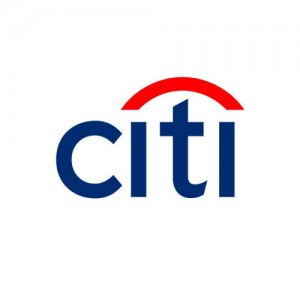Selection processes are under scrutiny as never before. Recruitment was once a closed world, with candidates offering themselves up to potential employers with little or no influence on the process. The arcane practices of the top recruiters and head-hunters were closely guarded secrets. ‘Human Resources’ was a closed book. Social media changed that world forever.
Now selection processes are porous – employers and recruiters can examine an often overwhelming range of information on potential candidates and the candidates can investigate the prevailing organisational culture and interrogate the satisfaction of employees through the web.
Surprisingly, these abilities can often impede, rather than support, the hiring of talent that will contribute to, and benefit from, the organisation’s ethos and performance. There are reasons for this:
- Ethical and legal boundaries can be crossed, especially by in-house recruiters who fail to keep up with the wide range of employment legislation in different nation states
- Defining useful information can be problematic; the signal to noise ratio when using social media as a selection filter is high
But social media isn’t the only complicating factor in identifying the right cultural blend for organisational progress. The very nature of organisational culture is problematic.
Cultural differences among organisations can be identified at the level of practices. Practices can be more tangible than values. If this is true, many recruiters are failing to benefit from examining the practices of their organisation, focusing instead on the strategic level mission statement and values in defining their ‘culture’.
That’s not the only problem – the stronger an organisation’s culture, the higher the likelihood of it (a) being seen as exclusive and (b) entrenching itself so that it cannot adjust to changing circumstances.
How talent, potential and ‘fit’ work with organisational culture
Too many people who fit too well into an enterprise can lead to stagnation – a degree of disruption is necessary to drive business change, and this is often best via a talent agenda that hires people with new experiences and novel ideas. Too many disruptors create a fractured and overly competitive environment in which a silo mentality can develop. The failure here is to build an over-arching organisational culture that coheres all those talents to a common aim and set of working practices.
Somewhere between the two extremes is a viable talent selection strategy that brings potential talent into a workplace in which it can develop swiftly by fitting in and contributing to the organisational culture. Such a strategy depends upon:
- Trust – building a robust organisational culture means incorporating change rather than alienating outliers, but it also requires the ability to effectively identify, manage and communicate an organisational ethos that current and potential talent find both attractive and challenging – the best people do not stand
still!
Who is the talent you “trust”? How do you identify them as a part of your culture? - Restatement – a regular reiteration of organisational culture helps established talent to grow, whilst giving potential talent something to aim for. As organisations evolve, constant scrutiny of the culture of the company ensures that empowerment is universal, from the long-term staffer to the brand-new candidate, which in turn utilises talents to their utmost.
Business growth and people empowerment can be a challenge at the best of times with employees that have already embraced your culture. How do you empower your potentials? - Diversity – global talent moves faster and more easily than ever before which makes sourcing more demanding. In addition, local conditions can impose different requirements in different locales – it is essential to balance global cultural identity with regional imperatives so that organisations can be flexible whilst maintaining integrity.
How do you ensure that your global talent is fit for your local culture?
With 100 of Africa’s top HR professionals in attendance and key speakers from some of the continent’s biggest brands, Recruiting Excellence for Africa is a must attend event shaping and investigating the recruitment process in top African businesses. Don’t miss out on this opportunity to participate in some of the most cutting edge discussions revolving around the HR industry.
To find out more please visit our Talent Agenda 2014 Johannesburg website.
The Selection for Culture Stream is sponsored by

